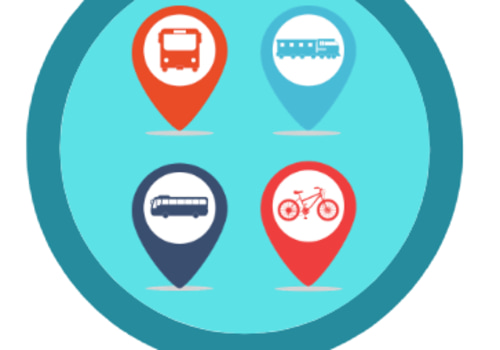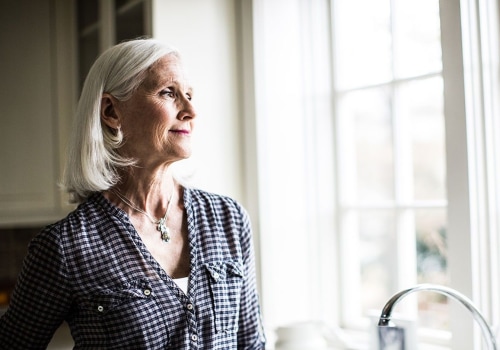Accessibility and acceptability are two of the most common factors that can either facilitate or impede access to healthcare for elderly people. Those living in rural areas are particularly affected by these issues. Loneliness is another social determinant of health that can become a barrier to providing care for the elderly. According to a survey, one fifth of older people reported that their loneliness had increased over the past year.
Although nearly seven out of ten seniors have frequent contact with family members, friends, or other companions during the week, 16 percent of seniors only see a companion every two to three weeks. Healthy interpersonal relationships and social connections are essential for emotional, physical, and mental wellbeing. Setbacks or changes in life, such as moving to assisted living, can increase isolation and loneliness for older people who are already at risk. Those living in rural areas are especially vulnerable to isolation and loneliness. This is a major concern since the elderly population in rural areas is constantly growing.
Even in urban areas, transportation issues, disability, and other factors can lead to elderly people becoming disconnected from others. Additionally, several factors can perpetuate social isolation in older people, such as the availability of community services and transportation.




